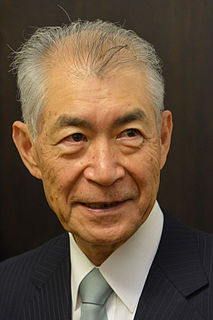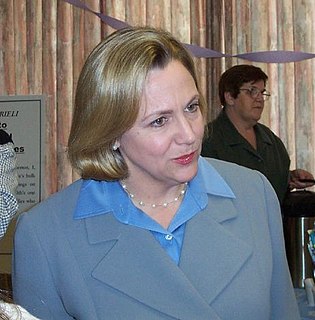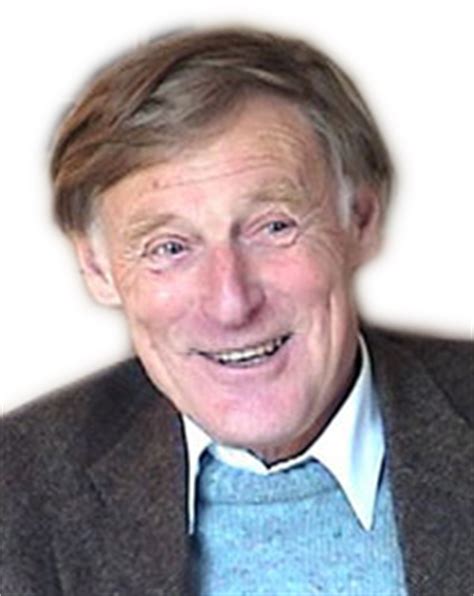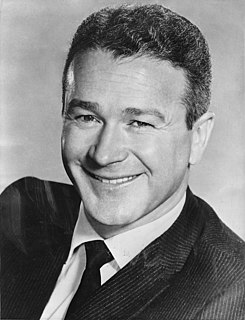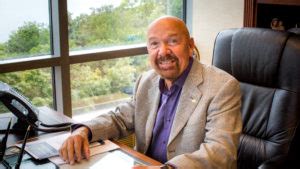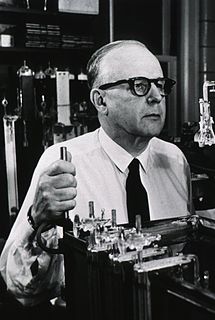A Quote by Tasuku Honjo
The FBRI will continue to carry out fundamental research mainly in fields where new medical treatments or medications are urgently required, such as cancer immunology, ageing and dementia.
Related Quotes
The field of U.S. cancer care is organized around a medical monopoly that ensures a continuous flow of money to the pharmaceutical companies, medical technology firms, research institutes, and government agencies such as the Food and Drug Administration (FDA) and the National Cancer Institute (NCI) and quasi-public organizations such as the American Cancer Society (ACS).
Amazingly, 85 percent of prescribed standard medical treatments across the board lack scientific validation, according to the New York Times. Richard Smith, editor of the British Medical Journal, suggests that this is partly because only one percent of the articles in medical journals are scientifically sound, and partly because many treatments have never been assessed at all.
The man in the street has unfortunately been sold the idea that the breakthrough cure for cancer is just around the corner... The very prospect of effective treatment seems so remote that it doesn't even enter into the speculative day-to-day conversation of people engaged in cancer research... New treatments have not produced any detectable decline in the total annual cancer mortality, even for children.
The development of a strategic plan for cancer prevention in medical schools that is supported by all stakeholders - including the medical community, government, the insurance industry, cancer advocacy groups and all those dedicated to cancer prevention - will be the key to inspiring patients to live lifestyles that will decrease cancer risk.
Many of those in the medical fraternity instantly label treatments in the traditional, natural or holistic health fields as quackery. This word is even used to describe Traditional Chinese Medicine and the Indian Ayerveda, two medical systems which are far older than Western medicine and globally just as popular.
The field of ageing research is full of characters. We have hucksters claiming that cures for ageing can be bought and sold; prophetic seers, their hands extended for money, warning that immortality is nigh; and would-be Nobelists working methodically in laboratories in search of a pill to slow ageing.
Sure, I've gotten old. I've had two bypass surgeries, a hip replacement, new knees... I've fought prostate cancer and diabetes. I'm half blind, can't hear anything quieter than a jet engine, and take 40 different medications that make me dizzy, winded, and subject to blackouts. I have bouts with dementia, poor circulation, hardly feel my hands or feet anymore, can't remember if I'm 85 or 92, but... thank God, I still have my Florida driver's license!
Being treated by a doctor who specializes in your kind of cancer is so important, especially for those of us who have rare or very rare cancers. They will have access to newer treatment options that may be offered only at big academic cancer centers, so you don't miss out on treatments that could help you.
